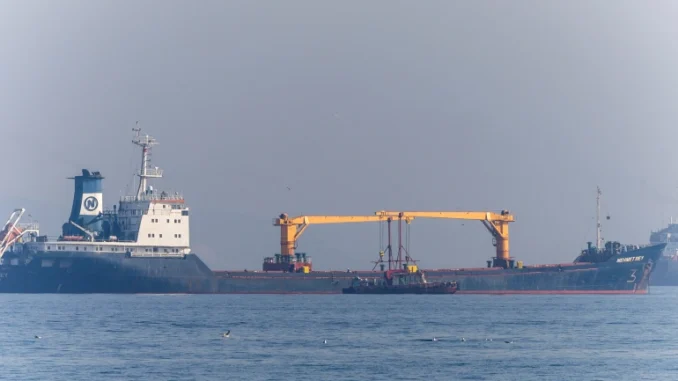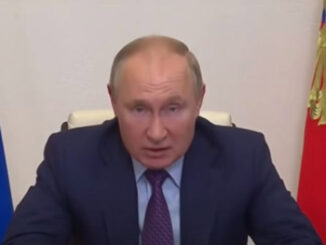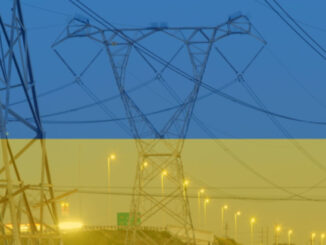
Turkey says it is determined that Ukraine continues its food exports despite Russia announcing its withdrawal from a UN-brokered grain deal, a move that has heightened concerns for nations desperate for food assistance.
Russia pulled out of the deal on Saturday after what it said was a major Ukrainian drone attack on its naval fleet in annexed Crimea. Despite Moscow’s decision, cargo ships set sail carrying 354,500 tonnes of grain, the most dispatched in one day since the programme began in August.
Turkey, which helped broker the agreement, remained committed to the deal.
“Even if Russia behaves hesitantly because it didn’t receive the same benefits, we will continue decisively our efforts to serve humanity,” President Recep Tayyip Erdogan said.
Amir Abdullah, the UN official coordinating the programme, said: “Civilian cargo ships can never be a military target or held hostage. The food must flow.”
‘Risky’ exports
Russia warned on Monday that it would be dangerous for Ukraine to continue its exports.
“In conditions where Russia is talking about the impossibility of guaranteeing the safety of shipping in these areas, such a deal is hardly feasible, and it takes on a different character – much more risky, dangerous and unguaranteed,” Kremlin spokesman Dmitry Peskov said.
Ukraine has neither confirmed nor denied carrying out the attack on the Crimean base of Russia’s Black Sea Fleet but says Russia’s navy is a legitimate military target.
Moscow has said the blasts were caused by a wave of sea and air drones.
In July, Russia and Ukraine signed the grain deal, which allowed the resumption of grain exports halted because of the war.
So far, more than nine million tonnes of Ukrainian grain has been exported, and the deal was set to be renewed on November 19.
Food price spike
Ukraine and Russia are both among the world’s largest exporters of food.
After Russia announced it was withdrawing from the deal, Chicago wheat futures jumped 6 percent and corn rose more than 2 percent, raising concerns over global supplies.
“This is an inflationary move, supporting prices of wheat and corn,” one Singapore-based trader said. “Prices have risen, but further gains will depend on how the situation unfolds.”
Hundreds of thousands of tonnes of wheat expected to be delivered to Africa and the Middle East are at risk after Russia’s withdrawal from the deal. Ukrainian corn exports to Europe are also expected to be hit.



